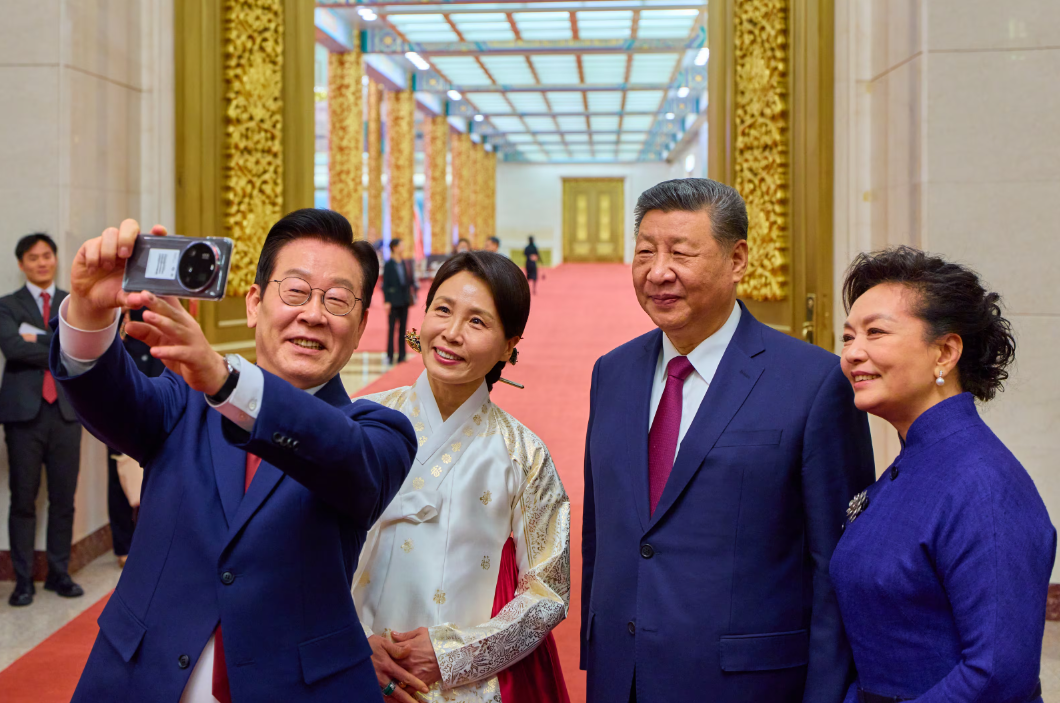
Richard Weitz, Senior Fellow, Hudson Institute
Jan 16, 2026
South Korea has recently proven atypically successful in straddling regional tensions involving China, but Beijing’s strained relations with Washington and its allies will sorely test Seoul’s pragmatic diplomacy in 2026.

Sun Chenghao, Fellow, Center for International Security and Strategy of Tsinghua University; Munich Young Leader 2025
Jan 06, 2026
For China-U.S. relations today, the realistic question is not how to construct a G2 but how the two countries can find a workable mode of coexistence under conditions in which cooperation and competition can coexist.
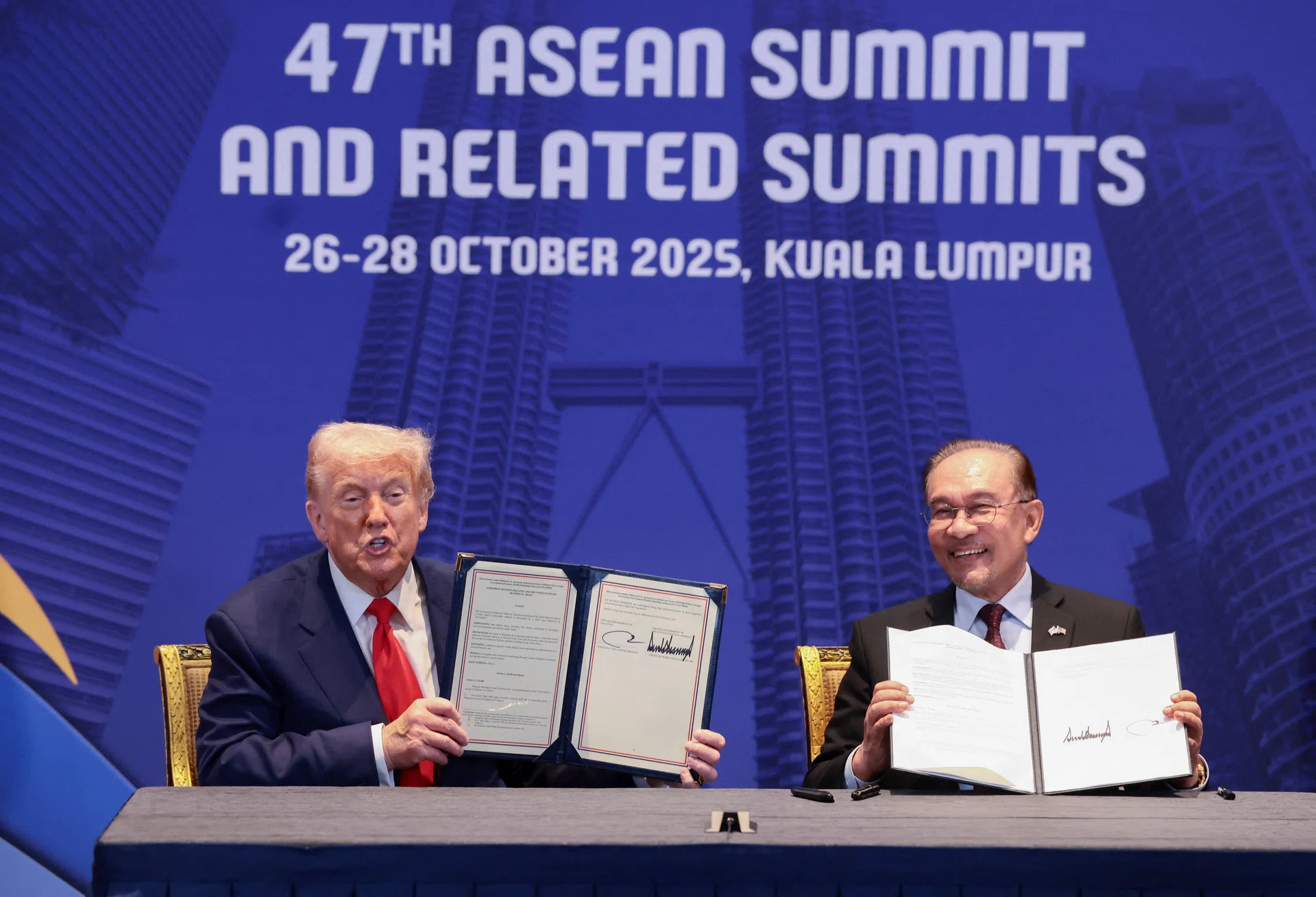
Bibek Raj Kandel, New World AsiaGlobal Fellow Energy and Climate Policy Expert
Diana Teoh, Asia Global Institute Fellow
Dec 15, 2025
For decades, Western multinationals and tech firms built Malaysia’s export base while China financed its railways, ports, and industrial zones -- a balance Kuala Lumpur managed with unusual ease. Now, rare-earth ambitions are pulling that equilibrium in new directions, intensifying debates at home over control, national interest, and how far neutrality can stretch.
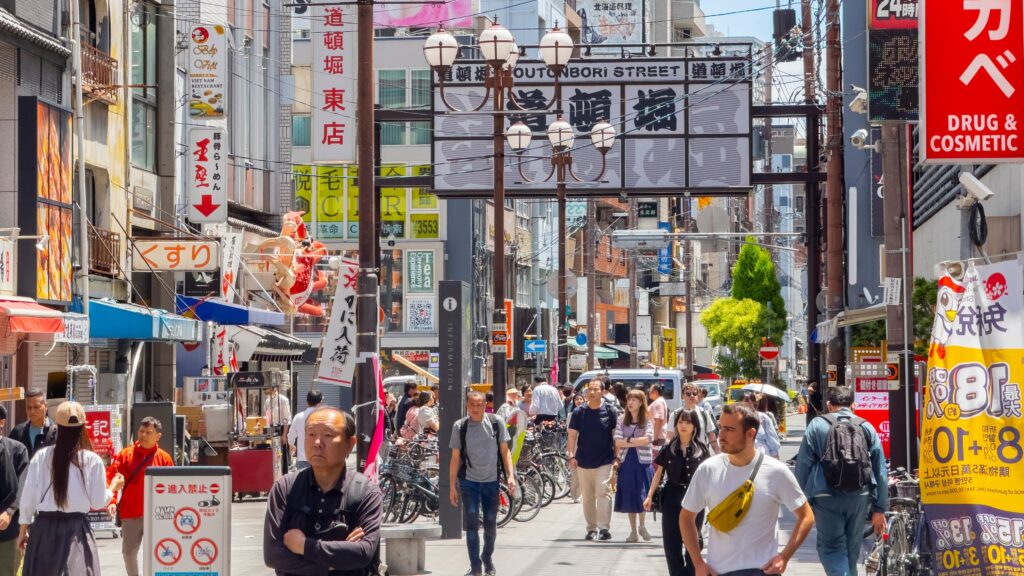
Dan Steinbock, Founder, Difference Group
Nov 28, 2025
When Japan’s new prime minister Sanae Takaichi took office, she pledged to focus on economic improvement. After her Taiwan comments, new missteps could prove costly to Japan, the region, even the world.
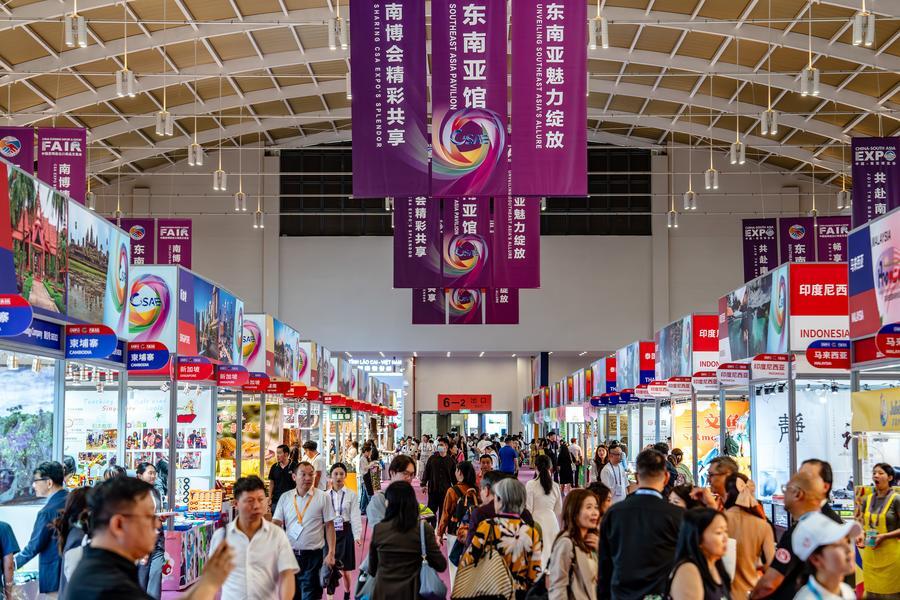
Bibek Raj Kandel, New World AsiaGlobal Fellow Energy and Climate Policy Expert
Oct 28, 2025
Bangladesh’s deepening energy crisis has made it the center of a regional contest, with China expanding investments and India seeking to use geography to retain influence. Dhaka’s post-election energy choices will determine whether Delhi can convert that leverage into lasting power or yield ground to Beijing’s faster-moving ambitions.
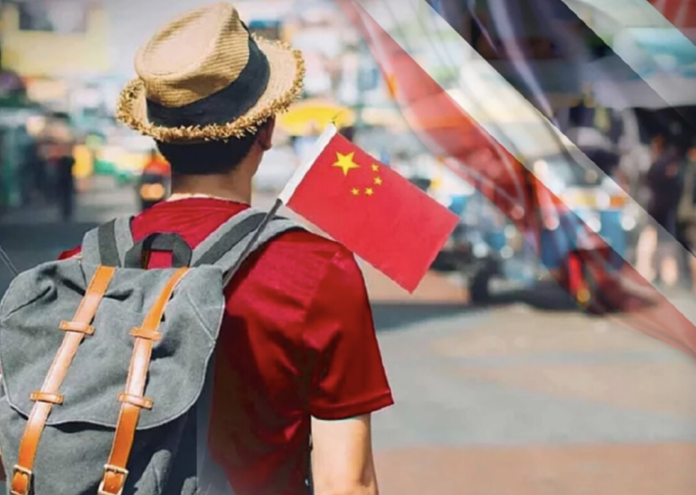
Philip Cunningham, Independent Scholar
Oct 24, 2025
Chinese tourists dominate temple-centered travel in Asia, with Thailand seeing a sharp drop due to safety and infrastructure issues, while Japan faces overcrowded destinations like Kyoto and Nara. Visitor patterns reveal regional tourism, commerce, and cultural trends, leading into Part Two’s focus on China’s domestic travel.
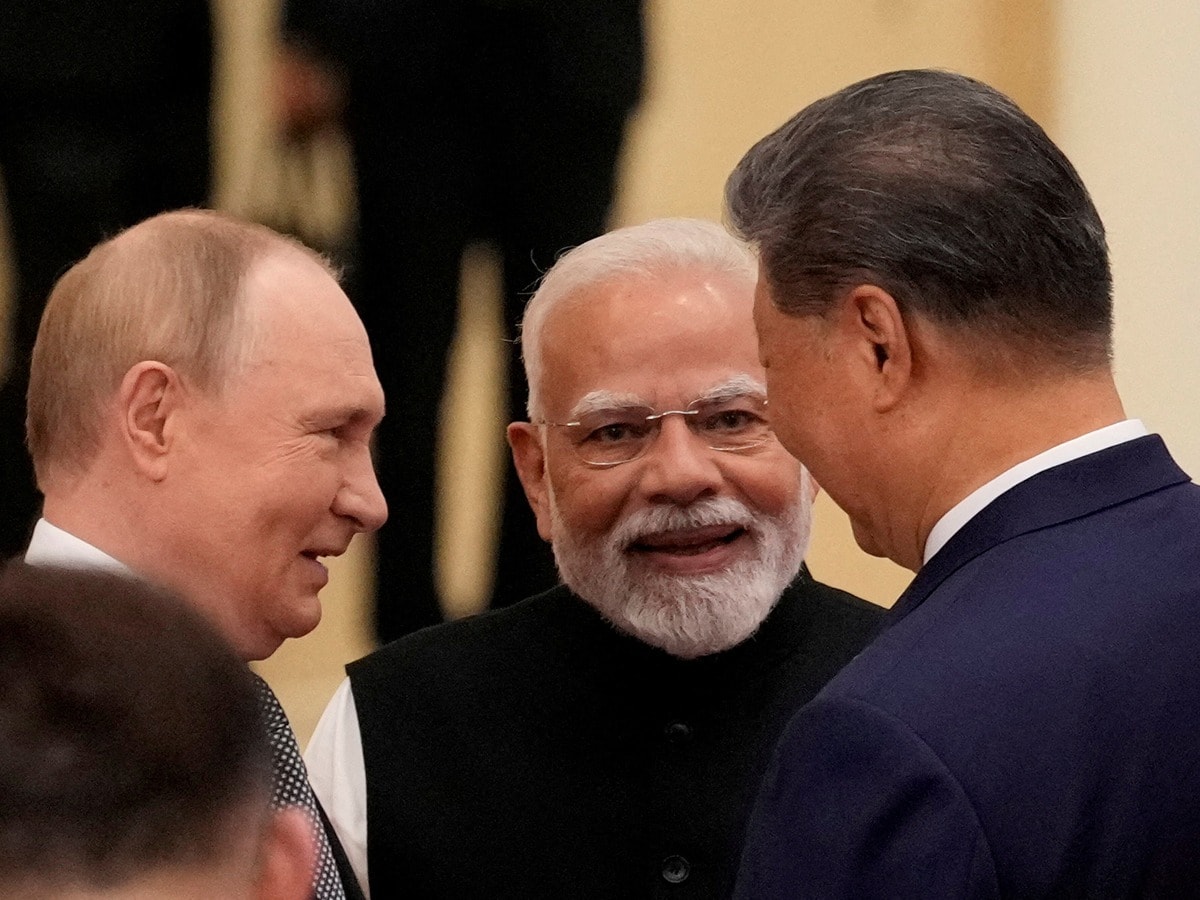
Leonardo Dinic, Expert in Geopolitics and International Business, the Future of Work, and Emerging Technologies
Sep 25, 2025
China and India are cautiously rebuilding ties after years of mistrust, with renewed border talks, restored flights, and revived trade, a shift accelerated by Trump’s steep tariffs on Indian goods. Instead of isolating Moscow’s partners, Washington’s selective approach appears to be driving the two Asian rivals closer together.
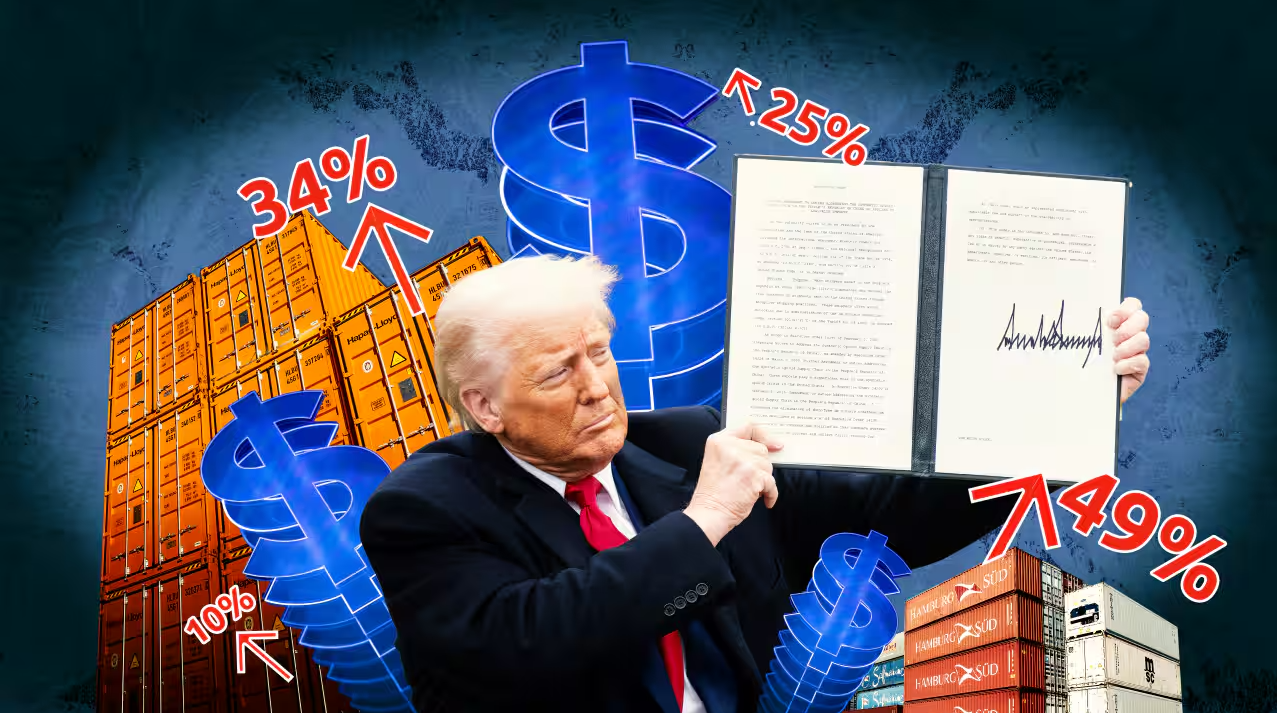
Lucio Blanco Pitlo III, President of Philippine Association for Chinese Studies, and Research Fellow at Asia-Pacific Pathways to Progress Foundation
Sep 12, 2025
America’s tariffs have remained a centerpiece of discussion in global trade since the White House announced them, with a clear, coherent path forward yet to emerge. In these first few historic months, how has the aggressive trade policy affected U.S. positions in Asia?
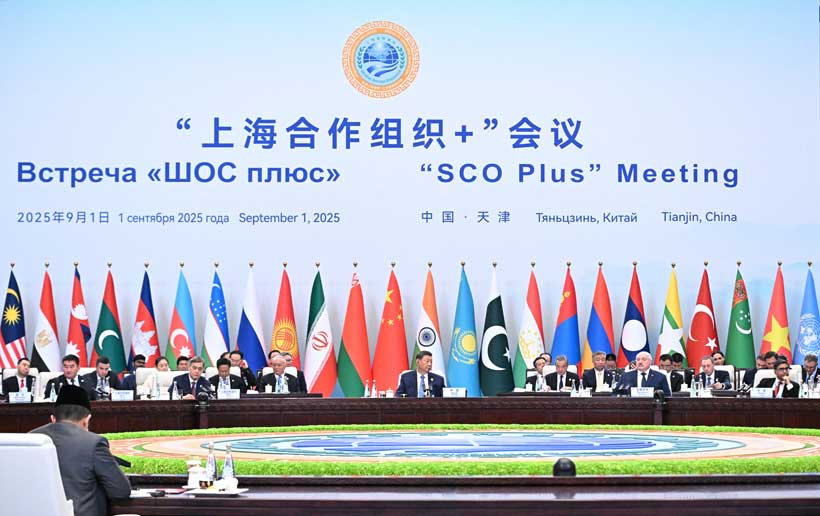
Zhang Wenzong, Associate Research Fellow, CICIR
Sep 12, 2025
It should not be difficult for politicians of insight to choose between joining hands to build a community with a shared future for mankind or becoming powerful countries’ pawns to fight and exhaust one another.
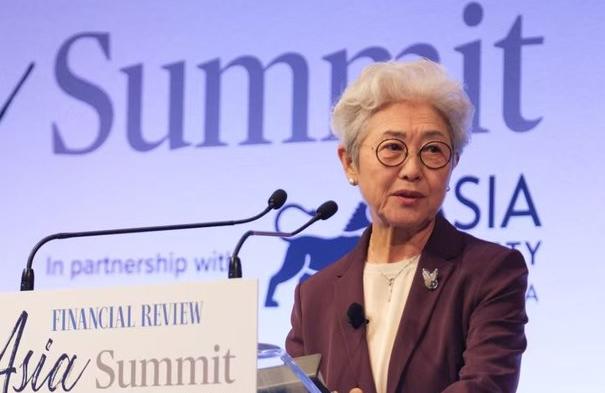
Fu Ying, Founding Chair of Center for International Security and Strategy, Tsinghua University; China's former Vice Minister of Foreign Affairs
Sep 12, 2025
Maintaining peace and stability in Asia and adjacent regions — fostering friendly and cooperative relations — is essential for China’s own security and prosperity. The focus must be on peace, development and building a community with a shared future.
Back to Top

- China-US Focus builds trust and understanding between the U.S. and China through open dialogue among thought leaders.
- Our Offerings
- Topics
- Videos
- Podcasts
- Columnists
- Research Reports
- Focus Digest
- Stay Connected
-
Thanks for signing up!
- Get the latest stories from China-US Focus weekly.